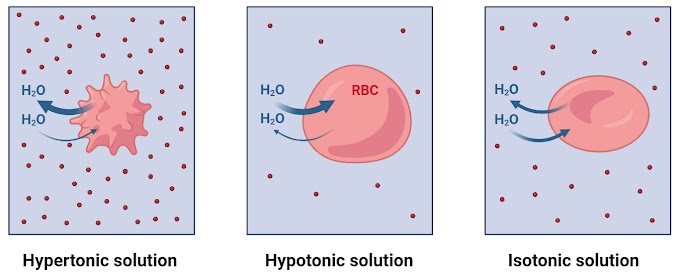Difference between neuron and nerve
Neuron and nerve are both crucial components of the nervous system, but they have different roles and structures. Here are some key differences:
1. Definition
Neuron: A neuron is a specialized cell that is the fundamental unit of the nervous system. It is responsible for transmitting electrical signals throughout the body.
Nerve: A nerve is a bundle of axons (the long projections of neurons) that are grouped together and covered by connective tissue. Nerves transmit signals between the central nervous system (CNS) and various parts of the body.
2. Structure
Neuron: A neuron consists of a cell body (soma), dendrites (which receive signals), and an axon (which sends signals). Each neuron operates as an individual unit.
Nerve: A nerve is composed of many axons bundled together with connective tissue. It is a larger structure that serves as a communication pathway between the CNS and the peripheral organs and muscles.
3. Function
Neuron: Neurons transmit electrical impulses and process information. They play a direct role in receiving stimuli, processing information, and sending responses.
Nerve: Nerves act as highways for electrical impulses traveling to and from the CNS. They are involved in relaying information rather than processing it directly.
4. Location
Neuron: Neurons are found in the brain, spinal cord, and peripheral ganglia. They are localized and form networks within these regions.
Nerve: Nerves are located in the peripheral nervous system (PNS). They extend from the CNS to various body parts, such as muscles, skin, and organs.
5. Types
Neuron: There are several types of neurons, including sensory neurons (which carry signals from sensory receptors), motor neurons (which send signals to muscles), and interneurons (which connect other neurons within the CNS).
Nerve: Nerves can be classified into sensory nerves (which carry sensory information to the CNS), motor nerves (which carry commands from the CNS to muscles), and mixed nerves (which carry both sensory and motor information).6. Repair and Regeneration
Neuron: Neurons have limited ability to regenerate or repair, particularly in the CNS. Damage to neurons can lead to permanent loss of function.
Nerve: Nerves in the PNS have a greater capacity for repair and regeneration compared to neurons. If a nerve is damaged, it can often regenerate, provided the nerve cell body remains intact.

|
|
Difference between Neuron and Nerve |
In summary, neurons are the individual cells that conduct electrical signals, while nerves are the bundles of axons from many neurons that carry these signals over longer distances.
Some questions and answers
1. What is a neuron, and how does it differ from a nerve?
A. A neuron is a specialized cell in the nervous system that transmits electrical impulses. A nerve, on the other hand, is a bundle of axons (long projections of neurons) wrapped in connective tissue. While a neuron is an individual cell, a nerve is a structure composed of many axons from different neurons.
2. What are the structural components of a neuron compared to a nerve?
A. A neuron consists of a cell body (soma), dendrites (which receive signals), and an axon (which sends signals). A nerve, however, is made up of many axons bundled together, along with blood vessels and connective tissue. The nerve serves as a communication pathway between the central nervous system and various parts of the body.
3. How do the functions of neurons and nerves differ?
A. Neurons are responsible for processing and transmitting electrical signals within the nervous system. They play a direct role in receiving stimuli and sending responses. Nerves, however, function as conduits, carrying signals between the central nervous system and peripheral organs, muscles, or skin.
4. Where are neurons and nerves located in the body?
A. Neurons are found throughout the brain, spinal cord, and peripheral ganglia. Nerves are located in the peripheral nervous system, extending from the central nervous system to muscles, organs, and sensory receptors.
5. Can neurons and nerves regenerate after injury?
A. Neurons, especially those in the central nervous system, have a limited ability to regenerate after injury. Damage to neurons can lead to permanent loss of function. Nerves in the peripheral nervous system have a greater capacity for regeneration, particularly if the nerve cell body remains intact.
6. What types of neurons and nerves exist?
A. Neurons can be classified into sensory neurons (carrying information to the CNS), motor neurons (sending signals from the CNS to muscles), and interneurons (connecting neurons within the CNS). Nerves can be classified into sensory nerves (carrying sensory information to the CNS), motor nerves (sending signals from the CNS to muscles), and mixed nerves (containing both sensory and motor fibers).





0 Comments